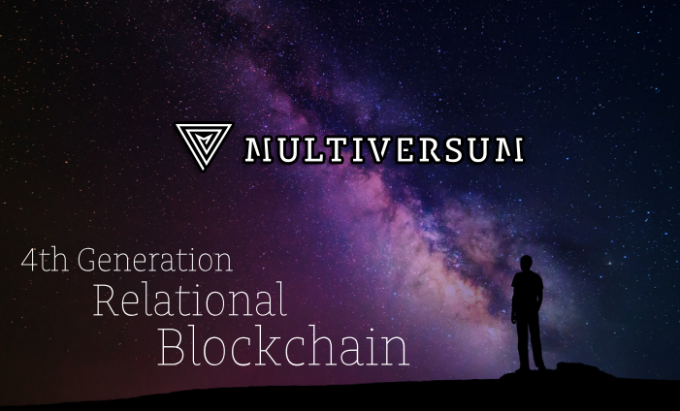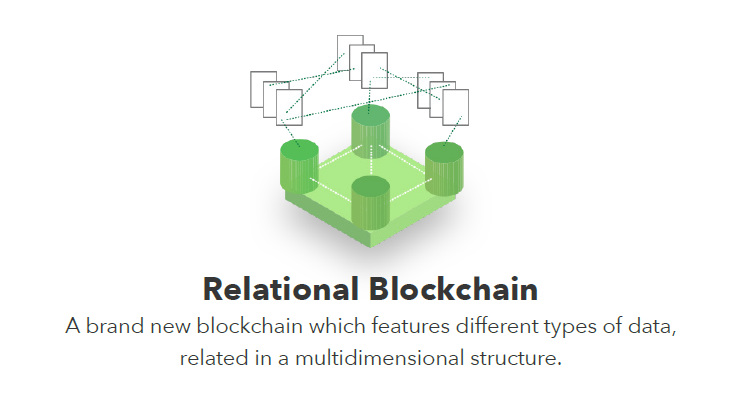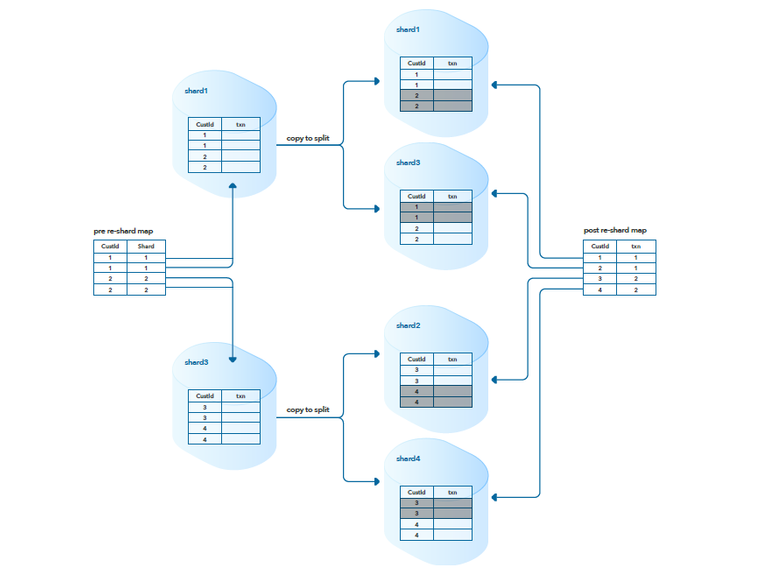
This is the first article in our four-part series on Multiversum (‘MTV’), a 4th Generation Relational Blockchain. For more information about this project, please click the following hyperlinks to read Part 2, Multiversum: Token Metrics, and Part 3, Multiversum: the Team
Multiversum (“MTV”) is, and I quote, a “4th Generation Relational Blockchain”, but what does that actually mean?
First generation is the original, Bitcoin and its forks. Based on Proof of Work mining. The second generation, Ethereum et al., introduced smart contracts and the possibility of tokenisation – consider how many cryptocurrencies run on the Ethereum blockchain. The third generation looked to build on previous generations and considered the issues of scalability and speed and making mining more energy efficient. Different approaches were considered, including Proof of Stake validation rather than mining and the possibility of off-chain routing.
However, the fourth generation – and MTV in particular – is aimed at improving all of the previous generations, whilst also tailoring blockchain technology to the business environment. The team at MTV realise that for mass adoption to take place, blockchain technology must be applicable to real-world scenarios: that is their primary aim.
MVT will utilise horizontal scalability: an increased number of processes, rather than the same number of processes, thus making processes complete faster. This is the same principle that the quad-core processor in your computer utilises – four processors running at 1.6Ghz instead of one processor running at 6.4Ghz. Four processors is more efficient.
Another of the attributes that distinguishes MTV as a 4th Generation blockchain is that it will allow interconnection with other infrastructures, such as Ethereum. This innovation will allow a token on the Ethereum platform to be utilised on MTV’s platform, a move with will ease mass adoption.

Arguably the most functional, real-world applicability of MVT comes through its ability to create and maintain Relational Databases.
Simply put, Relational Databases mean multiple data types existing and working within a single blockchain.
In previous iterations of blockchain technology this would lead to congestion (consider the massive congestion in the Bitcoin network and resultant high transaction fees). However, with MTV each data type will split from the blockchain whilst the transaction is performed, before re-joining once completed to be validated. This will allow for parallel transactions occurring simultaneously, meaning that far more information can be sent in a much shorter amount of time.
Simply put, instead of having one blockchain processing 10,000 blocks of data very quickly, MTV will instead split into 1000 conjoined blockchains, each processing ten blocks of data almost instantaneously, before autonomously re-forming into a single blockchain.
This will allow companies and businesses to not only store varying types of information, but to do so securely, and almost instantaneously. The data could be anything from customer transactions, stock levels, human resources functions, the quality assurances procedures from their product creation and myriad other types all on the same blockchain. This interrelationship will allow for MTV to be a one-stop solution for businesses, saving them both time and money. It is difficult to overstate quite how valuable this will be to a business: time and money are the two most important things to a business and so for MTV to be able to save both could be massive.
Not only will the data be created and maintained simultaneously, but, due to the inherent technology of the blockchain, there will be a ledger storing every movement of every aspect of every piece of data contained within the Relational Databases.
Therefore, once a company looks to audit its books, or its stock levels, or the files of its employees, it will have instant access to every element of the information, with no worry about files being lost, or human error in accounting. Everything will be stored.
Of course, inherent in previous generations has been the possibility that a node may go down, either paralysing the blockchain, or the data becoming lost or fragmented.
To combat this, MTV also introduces data sharding, which effectively allows a single piece of data to be split into multiple fragments and shared between and across multiple nodes. The benefit of this is that should a node – or even multiple nodes – go off-line, there will be no data loss because the data will exist simultaneously on various other nodes, allowing the system to continue to function until the broken nodes are operational once again. This will make MTV more reliable, and therefore – again – more suitable for mass adoption.

Data sharding, combined with the ease and sophistication of Relational Databases, will allow a business to consolidate many of its back-end functions into one primary system, with no need to have separate systems to create the information, store the information and access the information.
MTV is staking a claim to be the future of the blockchain and, should they be successful, they will be.
For more information and to invest, please head to the links below:
Links:
Website: https://www.multiversum.io/
Telegram: https://t.me/MultiversumOfficial
Facebook: https://www.facebook.com/MultiversumBlockchain/
Twitter: https://twitter.com/MultiversumBC
Announcements: https://bitcointalk.org/index.php?topic=2955830.new#new
And if after reading you do choose to invest, my referral link is https://my.multiversum.io/register?ref=KIaFIVAniI ;-)
disclaimer: this is a re-post. The original was the first thing I ever posted so nobody saw it - please don't hate me!
Hi! I am a robot. I just upvoted you! I found similar content that readers might be interested in:
https://bitcointalk.org/index.php?topic=3483269.msg36166842